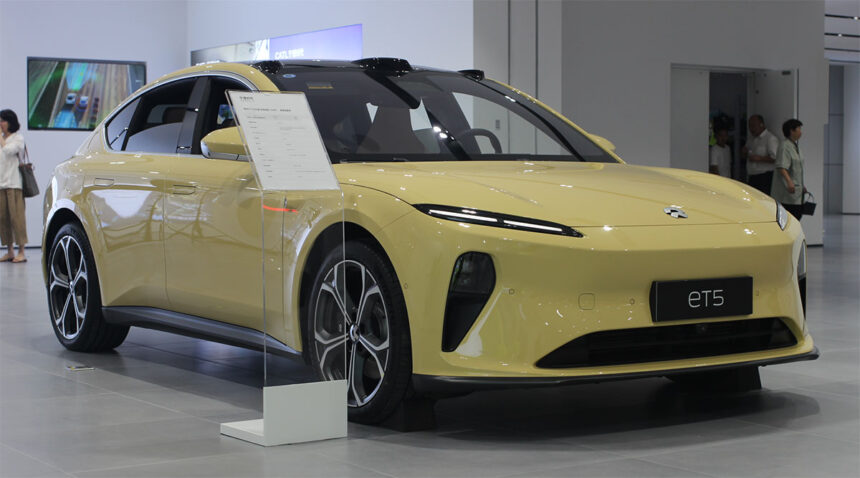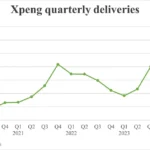The European Commission has officially released the definitive tariff rates in the Official Journal, announcing that additional tariffs on battery electric vehicles (BEVs) from China will come into effect on October 30. This decision follows the conclusion of an anti-subsidy investigation into imports of BEVs from China, with countervailing duties to be imposed for a period of five years.
The provisional duties that were initially imposed on July 4 will not be collected, as stated in the recent announcement. The EU and China are currently engaged in discussions to explore alternative, WTO-compliant solutions to address the issues identified during the investigation.
In a move to address the unfair advantage provided by Chinese subsidies to EV manufacturers, the European Commission introduced additional tariffs on BEVs imported from China. These tariffs will be on top of the original 10 percent duty, with different automakers facing varying rates based on the results of the investigation.
Among the sampled companies, Tesla received the lowest additional tariff of 7.8 percent, while BYD, Geely, and SAIC Motor faced rates of 17.0 percent, 18.8 percent, and 35.3 percent respectively. EV manufacturers that cooperated with the investigation but were not sampled will incur an additional tariff of 20.7 percent, while non-cooperating companies will face a tariff of 35.3 percent.
Nio, Xpeng, and Leapmotor are among the EV makers that cooperated with the investigation but were not sampled, resulting in a 20.7 percent additional tariff. Despite the imposition of countervailing duties, both the EU and China are actively exploring alternative solutions to mitigate trade friction.
The European Commission has expressed its willingness to negotiate price undertakings with individual exporters in accordance with EU and WTO regulations. However, China has disputed this approach, accusing the European Commission of disrupting negotiations and mutual trust.
Technical teams from both sides are currently engaged in consultations to reach a mutually acceptable solution and prevent further escalation of trade tensions. The European Commission and China have agreed to hold further technical talks on possible alternatives to tariffs on Chinese-made EVs.
The ongoing discussions aim to find a resolution that satisfies both parties and ensures a fair and competitive market for electric vehicles. The European Commission remains committed to exploring all avenues to address the challenges posed by Chinese subsidies and promote a level playing field in the EV industry.







